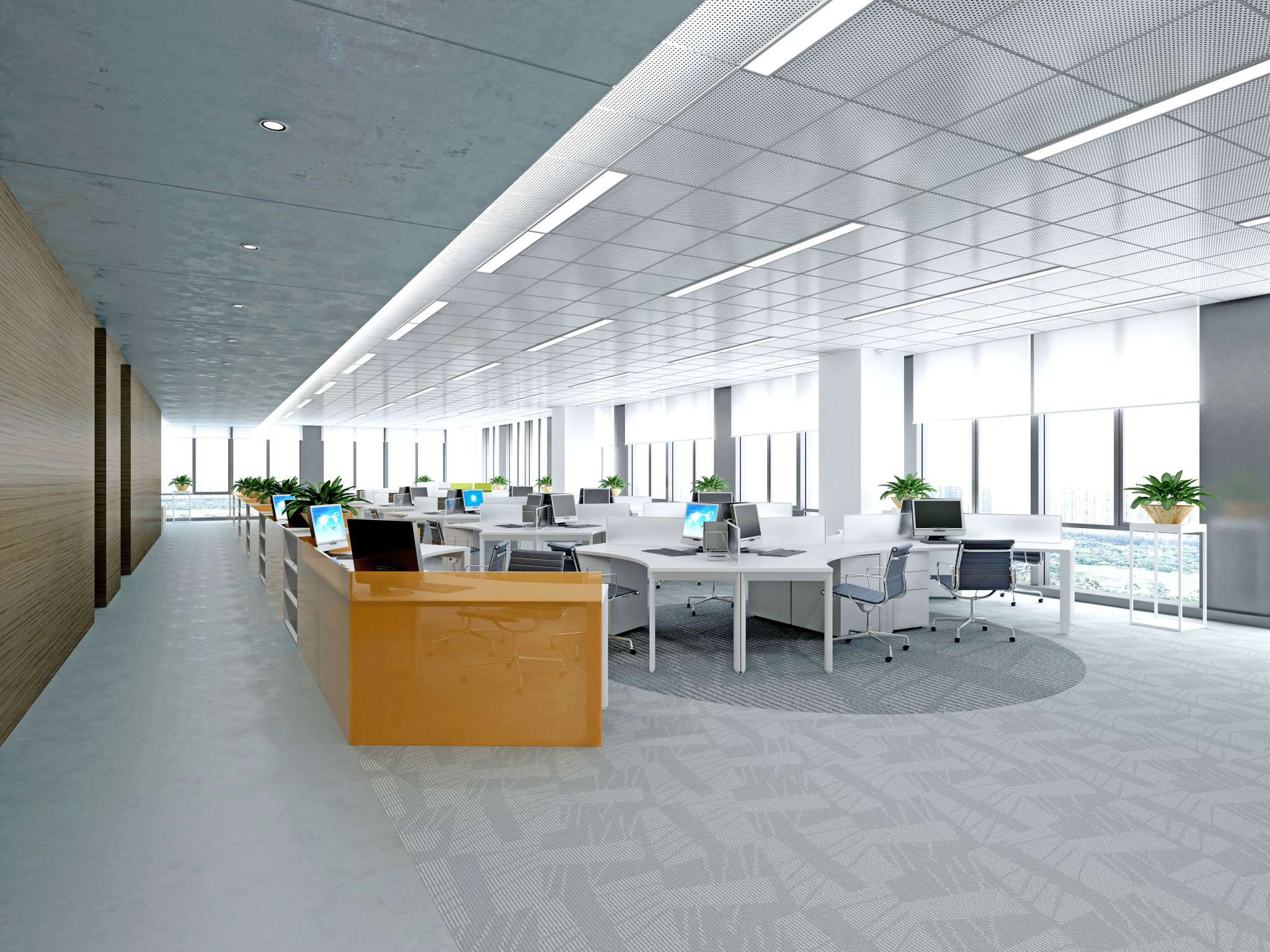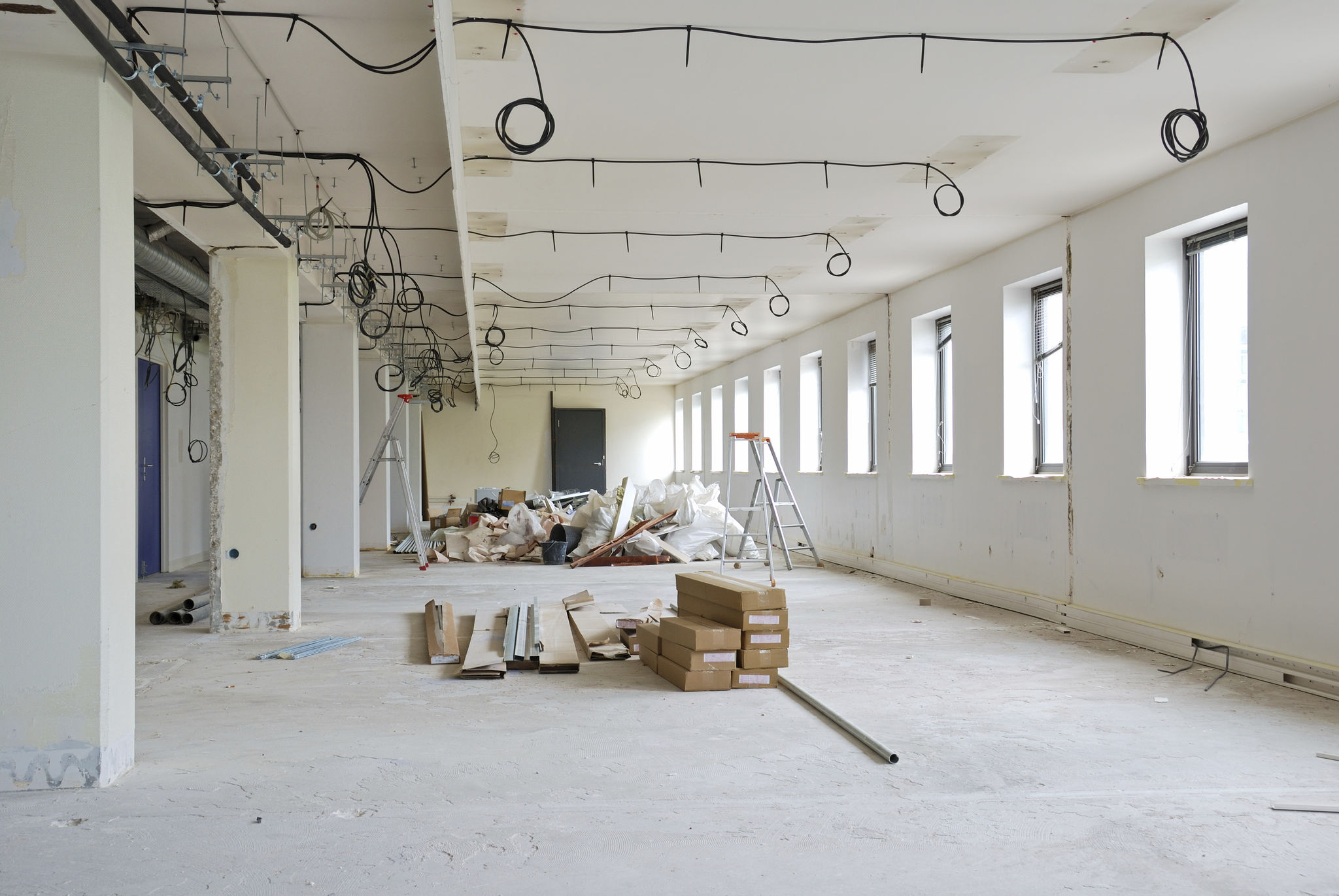Case Study: Transforming Office Spaces with LED Lighting
Introduction to LED Lighting in Office Spaces
The evolution of office environments has been significant over the years, with lighting playing a crucial role in enhancing productivity and aesthetics. One of the most transformative changes in recent years is the shift to LED lighting. This case study explores how LED lighting has revolutionized office spaces, offering numerous benefits both economically and environmentally.
Traditional lighting methods, such as fluorescent and incandescent bulbs, have long been the standard in office settings. However, they come with several drawbacks, including high energy consumption and limited lifespan. In contrast, LED lighting offers a sustainable and cost-effective solution that addresses these issues.

The Benefits of LED Lighting
LED lighting stands out for its energy efficiency. Offices that switch to LED lighting can reduce energy consumption by up to 75%, significantly cutting down on utility bills. Additionally, LEDs have a longer lifespan, lasting up to 25 times longer than traditional bulbs. This longevity means fewer replacements and maintenance costs.
Beyond cost savings, LED lights contribute to a better work environment. They provide consistent, high-quality light that reduces eye strain and fatigue, promoting a healthier workplace for employees. The ability to adjust the intensity and color of LED lights also allows for customization according to the specific needs and moods of different office areas.

Case Study: A Successful Transformation
One notable case is a mid-sized tech company that decided to transition its entire office space to LED lighting. The decision was driven by the need to reduce operational costs while enhancing the workspace for employees. The process involved a comprehensive plan that included assessing current lighting infrastructure, choosing suitable LED fixtures, and implementing the changes with minimal disruption to daily operations.
The transformation resulted in an immediate reduction in energy consumption by 60%, leading to substantial savings on electricity bills. Employee feedback was overwhelmingly positive, with many reporting improved concentration and comfort due to the better lighting conditions.

Environmental Impact
In addition to economic advantages, switching to LED lighting aligns with sustainability goals. LEDs are environmentally friendly because they contain no hazardous materials like mercury and are fully recyclable. This case study highlights how the tech company significantly reduced its carbon footprint by adopting LED technology.
Furthermore, the reduction in energy use contributes to less demand on power plants, which helps decrease greenhouse gas emissions. This aligns with global efforts to combat climate change and promotes corporate responsibility towards environmental stewardship.

Implementing LED Lighting
For businesses considering this transition, several steps can ensure a smooth implementation:
- Conduct a comprehensive audit of existing lighting systems.
- Select LED fixtures that meet the specific needs of each area.
- Plan installation to minimize disruption to daily operations.
- Educate staff on the benefits and proper use of new lighting systems.
By following these steps, businesses can effectively transform their office spaces with minimal hassle while reaping maximum benefits.
Conclusion
The adoption of LED lighting in office spaces is more than just a trend; it's a strategic move towards efficiency and sustainability. The case study demonstrates how this transformation not only reduces costs but also enhances the overall work environment. As more businesses recognize these advantages, LED lighting is set to become the standard in modern office design.